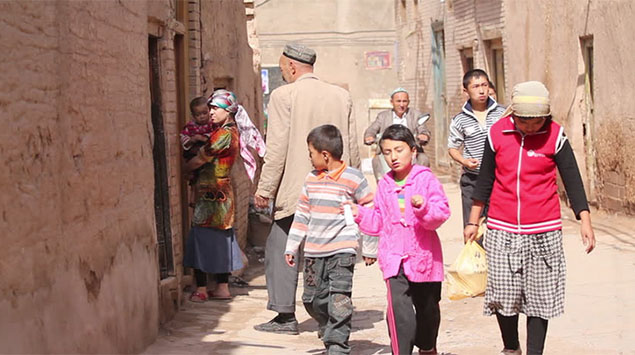
[Sources in Hotan, in the southern part of the region, had previously detailed a list of banned names in 2015, but the ban now appears to have been rolled out region-wide. (Photo: shutterstock.com)]
Mumbai: China has banned dozens of Islamic baby names in the country's largest Muslim-majority Xinjiang province as a part of its "crackdown on alleged religious extremism", Human Rights Watch reported Tuesday citing Radio Free Asia (RFA).
RFA in its report said an official confirmed that - Islam, Quran, Mecca, Jihad, Imam, Saddam, Hajj, and Medina, are among dozens of baby names banned under ruling Chinese Communist Party's "Naming Rules For Ethnic Minorities".
The report further said that children with banned names will not be able to obtain a “hukou,” or household registration, essential for accessing public school and other social services.
However, a quick glance at the names listed in the report will reveal that most of them are not Muslim baby names and one could not find a Muslim having these names.
Though Islam, Saddam and Imam are acceptable names in any Muslim society, Quran, Mecca, Jihad and Hajj are nowhere in the world used as names of human beings.
Quran refers to the Muslim Holy Book whereas Mecca (Makkah when spelled correctly) is the Holy City in Saudi Arabia.
Likewise, Hajj is the annual ritual and pilgrimage Muslims perform in the month of Dhul Hijjah and nowhere is used as baby name. Similar is the case with Jihad.
Medina (Madinah when spelled correctly) is the name of another Holy City in Saudi Arabia. It refers to the City of Prophet (Peace be upon him) though its meaning is "a city", and going by its meaning no parent would call their baby as "Medina". But, it is also true that in some parts of the world, Medina is used as the name of a baby-girl.
It therefore tutned out that the decision by the Chinese authorities to ban such names which are not actually baby names is anti-Muslim, Islamophobic, and aimed at intimidating and targetting the minoritiy Muslims in the country.
Meanwhile, Human Rights Watch has termed the crackdown as the latest in a slew of new regulations restricting religious freedom in the name of countering “religious extremism".
"These policies are blatant violations of domestic and international protections on the rights to freedom of belief and expression", Human Right Watch said.

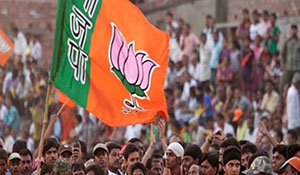


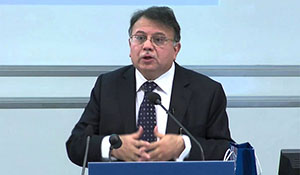


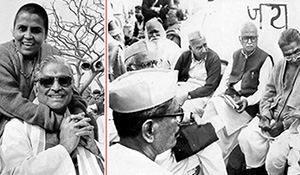


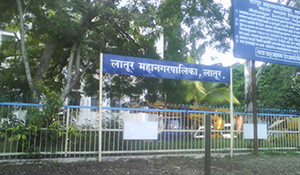

 | Quick links
| Quick links